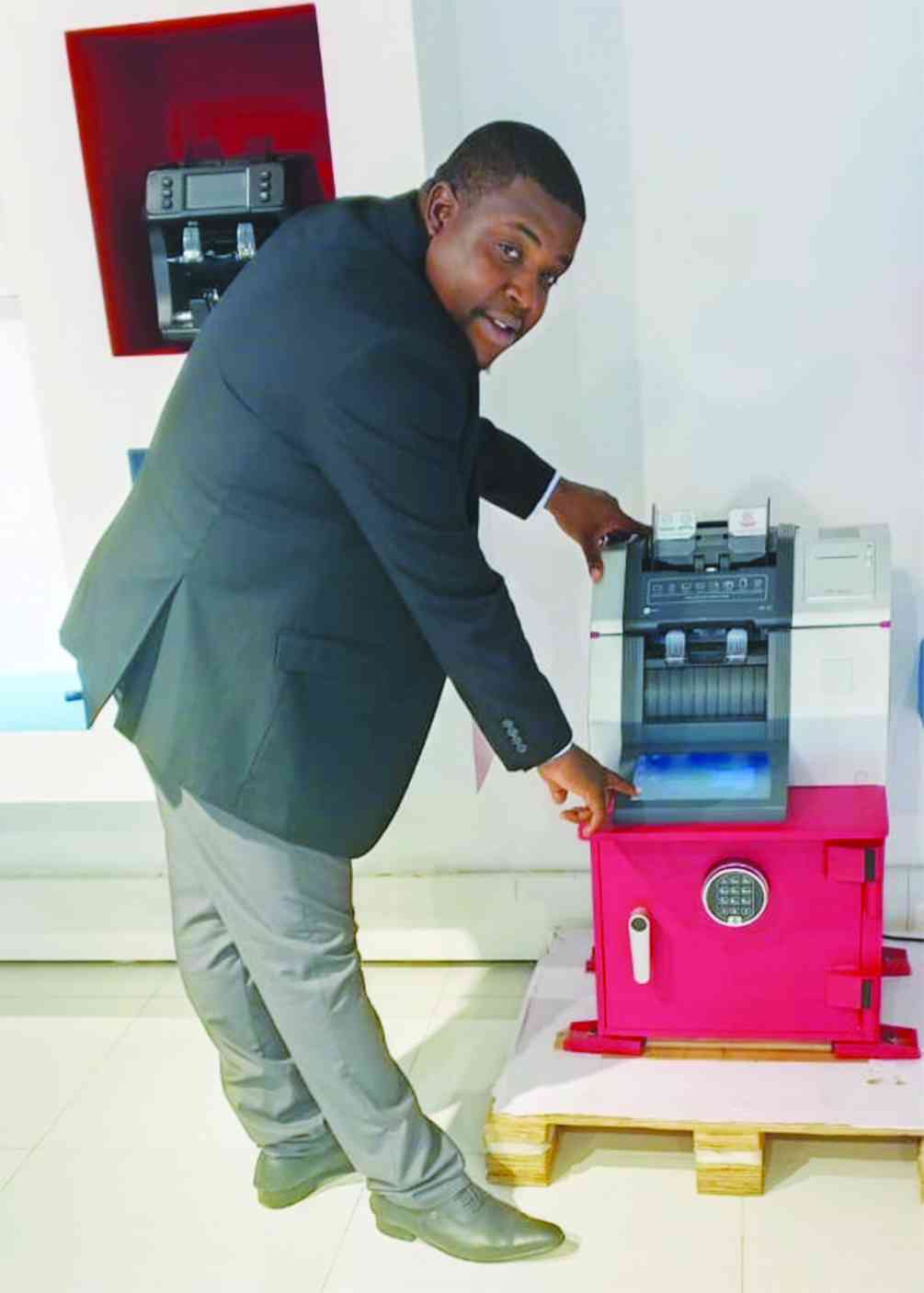
MELODY CHIKONO
PROFESSIONAL accountants have been advised not to compute their own inflation figures.
Industries have expressed concern with the use of blended inflation, which takes into account local currency costs and United States dollar prices, claiming that there was clear evidence that it was inaccurate and unreliable.
This year, Treasury passed Statutory Instrument 27 of 2023, which authorised the use of a blended inflation rate.
However, the blended inflation measuring technique may be misleading, according to corporate governance and accounting experts who convened for a summer school in Nyanga last week.
The blended inflation is presently used by the Zimbabwe National Statistics Agency (ZimStat).
"Companies should not make an attempt to calculate their own inflation figures because inflation figures are determined by ZimStat and those are the figures we need to use in terms of converting our financial statements,” Management Training Bureau executive director, Nelson Maseko told businessdigest on the sidelines of the Chartered Governance and Accountancy Institute in Zimbabwe (CGI) summer school last week.
- Thousands flee economic mess
- ZimStat undertakes to pay enumerators
- 'Apostolic sects frustrating fight against measles'
- Graft 'bleeding' ZimStat
Keep Reading
“There is a way of addressing these issues in the International Accounting Standard (IAS) 29 instead of following black market figures on how to determine these indices to use in the conversion of IAS 29 application on our financial statements."
Maseko said inflation figures must come from government agencies.
"You will have challenges if you try to come up with your inflation figures. The standards talk about the need to apply indices that are used by other organisations. IAS 29 is not an entity specific disclosure issue,” he said.
“We want consistency according to the guidance of the Public Accountancy and Auditors Boards because we are saying the economy is in inflation in a uniform sense. You don't have to amplify the impact of inflation on a single entity. It has to be the impact of inflation on the economy, not a single entity.”
Maseko said Zimbabwe was set to see an increase in compliance with IAS 29, which has been a thorn in the flesh for many entities as they kept getting qualified opinions from auditors as they failed to comply.
Many companies have failed to comply with IAS 29, with auditors casting doubts on the true reflective nature of their financial statements.
"With IAS 29, it is basically to do with application. The issues with non-compliance have been caused by the fact that we did not have official CPI figures to use. It is expected that compliance will increase now that we have these figures. Even the standard encourages that in a hyperinflationary environment, entities must adopt a general price index that is uniform,” he said.
“There have been a lot of changes in terms of compliance. We are conducting workshops in terms of their continuous professional development so that it's part of their understanding of these standards."
Maseko said corporations should make sure accountants understand standards, especially IAS 29, because it is a unique standard that applies in hyperinflation.
"Accountants need to be developed to understand this standard and stay updated,” he said.











